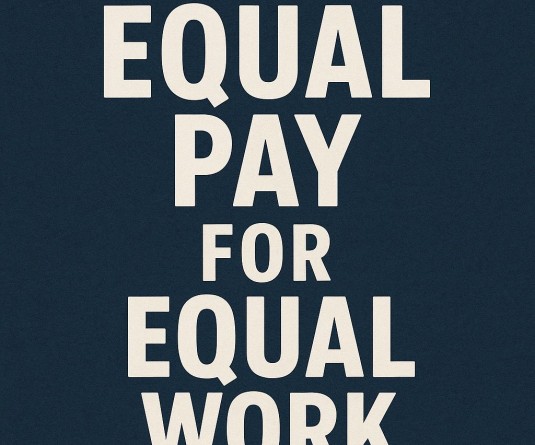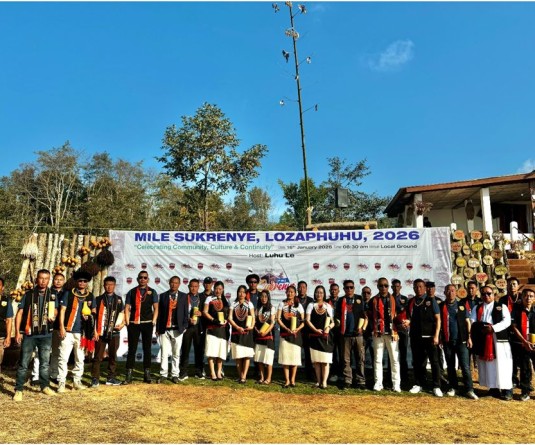
Pastor Letlal Haokip
Delhi
Persecution against Christians in India is no longer isolated or occasional; it is widespread, escalating, and deeply concerning. Since the rise of the right-wing government in 2014, reports from the United Christian Forum (UCF) and the Evangelical Fellowship of India's Religious Liberty Commission (EFIRLC) point to a shocking increase in violence, discrimination, and intimidation against Christians.
Disturbing Trends between 2014–2025: In 2014, there were 127 reported incidents of persecution. By 2024, that number skyrocketed to 834, according to The Hindu and UCF. From January to May 2025, UCF documented 313 incidents, an average of two attacks per day. These are not mere statistics; they destroyed many institutions run by Christians, destroyed churches, broken homes, lives lived in fear for simply practicing their faith, and in some places, the pastors and Fathers are not permitted to enter villages. They also prohibit worshipping at home or Bible study.
Anti-Conversion Laws: A Legal Weapon of Intimidation: Many Indian states have passed AntiConversion Laws, which are routinely misused to harass Christians and suppress their freedom to share the Gospel. These laws enable mob violence justified by false accusation, disruption of worship services, arrests under fabricated charges, social boycotts and property destruction. Most recently, Assam passed the Healing (Prevention of Evil) Practices Act, 2024, ostensibly to stop “deceptive healing,” but widely seen as a tool to suppress evangelism, especially among tribal communities. Pranjal Bhuyan: On November 23, 2024, Pranjal Bhuyan, a 38-year-old project coordinator at Golaghat Baptist Church, was arrested under the new Assam Healing Act. His “crime”? Holding private Bible studies where healing prayers were offered. Though a court dismissed the charges in May 2025, the silence of the broader Christian community was deafening.
Where is the Church? While a few parachurch organisations and legal advocacy groups are courageously defending the persecuted, the majority of the Church, especially from Northeast India, remains silent. Very few Northeast denominations and churches hold public protests against the anti-conversion law (except Arunachal Pradesh Christians) and persecution, very little contribution of financial aid for legal fees, no rebuilding churches or houses and the education of the persecuted Christian children is witnessed. When Christians in Manipur are persecuted by the majority religion, other Christians of Manipur and the Northeast remain silent. When pastors are jailed in
Chhattisgarh, or churches are burned in Uttar Pradesh, few Christians speak out. This silence is not neutrality; it is complicity.
Call to Action: Now is the time for the Body of Christ in India to wake up. The Church cannot afford to stay in its comfort zones while believers are beaten, jailed, displaced, and even killed.
Here’s how we must respond: Spiritually, we must kneel and pray fervently for the persecuted and teach congregations about suffering and solidarity in Christ. We can respond through financial support for legal defence funds and contribute to rebuilding destroyed churches and homes. We can come out of our comfort zone and participate socially and legally by joining in protests and dharnas.
We can also support by organising awareness campaigns across denominations and regions. We can demand that politicians, bureaucrats and the media speak out about injustice and persecution of
Christians. If we call ourselves followers of the Lord Jesus Christ, without fear (fear comes from Satan/Devil), in a Christian way, we need to stand in solidarity with our persecuted Christian brothers and sisters.
Unity is what we need in Indian Christians, both Catholic and Protestant, tribal and non-tribal, North and South, East and West and poor and rich. We must all unite to fight for our human rights and freedom of religion guaranteed in our Constitution. Let us stop thinking about our tribes and regions. Let us start acting nationally.
The Church in Acts did not ignore persecution; it responded with prayer, sharing, boldness, and unity. Let us take that model seriously. If we do not stand with the persecuted today, who will stand with us tomorrow? May the Holy Spirit guide us, strengthen us, and lead us to be a channel of blessing to the persecuted Christians of India.





